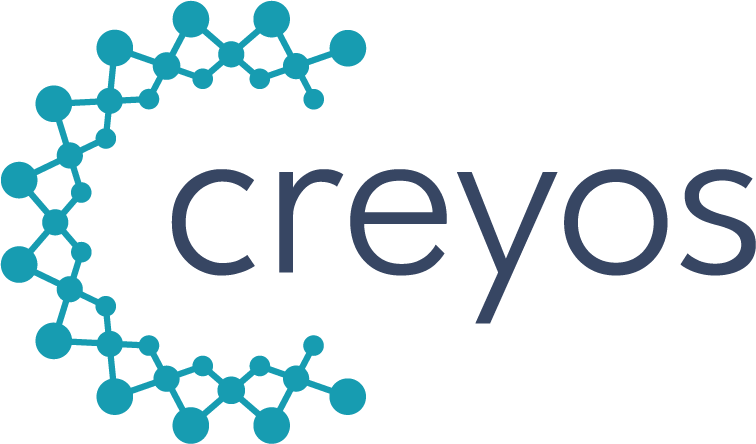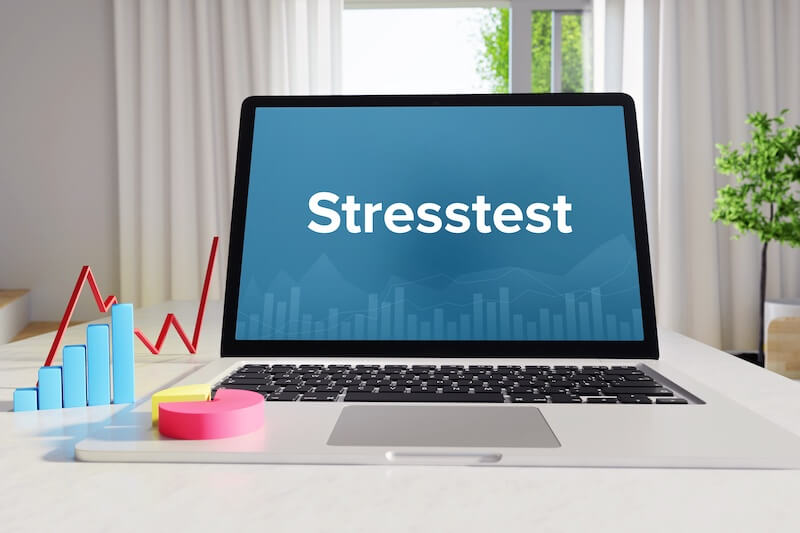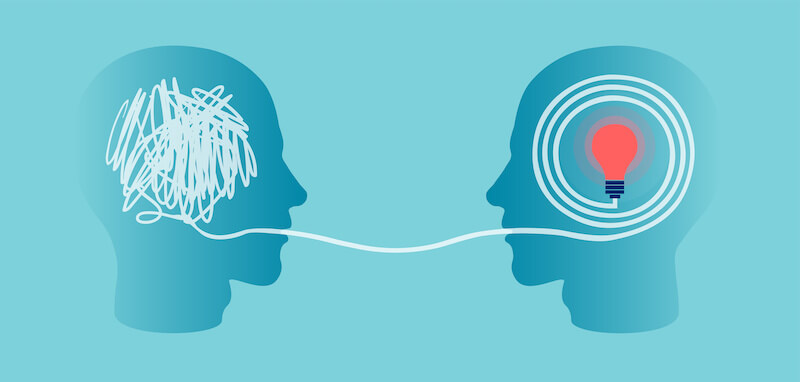Scientific Cognitive Health Assessments
Charlotte Fraser seamlessly integrates cognitive performance assessments into all her nutrition consultations, providing an objective and measurable way to track your progress over time.
By recognising the profound connection between gut and brain health, her approach includes a series of engaging tasks that evaluate memory, reasoning, verbal ability, and attention—key components of cognition crucial to your daily functioning. Tailored to individual needs, these assessments extend to specific health conditions such as Adult ADHD, Anxiety, Autism, Early Alzheimer’s, Depression, Menopause, Sleep, Stress, Stroke, Multiple Sclerosis, Non-Alzheimer’s Dementia, and Parkinson’s.

Why measure cognition?
There is an old saying that “if you can’t measure it, you can’t manage it,”and this applies to health and wellbeing too. We all have a subjective idea of how our brains are doing—some days we feel “off” or experience “brain fog,” while on other days we feel like we can take on the world. But how much better are we on the good days? And are lifestyle or health changes making a difference?
That’s where cognitive assessment comes in. By quantifying or putting a number to these subjective feelings, we can discover what is causing the good days in order to have more of them.
An engaging and scientifically-validated cognitive assessment
We assess, monitor, and manage core areas of cognition to ensure that your nutrition programme is on the right track. You complete the assessment online prior to your consultation.
The tasks assess aspects of cognition including reasoning, memory, attention and verbal ability.






Is this an IQ test?
NO! We aren’t testing IQ! Think of it more like a blood pressure cuff for your brain. There’s no judgment, and the goal is progress over time, because we acknowledge that brain health changes from day to day. That’s why we believe we can improve or maintain your performance through improvements to both nutrition and lifestyle, and include cognitive assessments as an integral part of the programme.
Equally, this is not a brain gym. We don’t aim to ‘train’ your brain with exercises or games. Instead, our assessments provide an objective view of your cognitive health, much like a snapshot, helping us understand how you’re doing and informing our personalised recommendations. This is about support, not scoring—it’s about maintaining your brain health in a holistic, sustainable way.
Are cognitive assessments really relevant to me?!
Cognitive health affects almost every part of your life. Even conditions traditionally viewed as physical, like pain or constipation, can effect cognition, and vice-versa. You’re not thinking well if you’re not feeling well.
What do results look like?
A sample Creyos Health Cognitive report is available here. The report is easy to read and understand. It becomes more valuable with each additional assessment, shows your progress and lets you know when meaningful changes occur.
More detailed information on the Creyos Health Cognitive Assessment is available here.
Health Screens
PHQ-9 Assessment for Depression

The PHQ-9 is a simple, 9-question instrument for screening, diagnosing, monitoring and measuring the severity of depression. The assessment is online and takes 3 minutes to complete.
Endorsed by leading health organisations and the National Institute for Health and Care Excellence (NICE), PHQ-9 is one of the most used depression screens among Primary Care workers, clinicians and researchers.

GAD-7 Assessment to Measure Anxiety
The GAD-7 is a measure of general anxiety symptoms.
The GAD-7 evaluation, together with the Creyos Health cognitive assessment and PHQ-9 gives insight into your cognitive, emotional and mental health. Scientifically-validated, these assessments provide quantifiable evidence to further inform your nutrition programme.

The PSS (Perceived Stress Scale)
A multipurpose instrument for objectively determining severity of perceived stress symptoms and allowing for the monitoring of symptom changes and effects of treatment over time. Results from the PSS are used in conjunction with clinical judgement and other data.
The Creyos Health cognitive assessment, together with the PHQ-9 and GAD-7 form a powerful quartet. Together they can be used as key outcome measures and mid-point check-ins to evaluate and customise your nutrition programme. Stress and how we perceive it or respond to it is integral to gut health.
Autism Spectrum Quotient (AQ)
A diagnostic questionnaire designed to measure the expression of Autism-Spectrum traits in an individual, by his or her own subjective self-assessment.

ASRS Screen for ADHD in Adults (over 16 Years)
A short screening scale for measuring symptoms consistent with attention deficit hyperactivity disorder (ADHD) for adults. A total score is presented alongside raw responses, trends over time, and other contextual information to help you understand the results. We assess this in conjunction with the results of select cognitive tasks in the Creyos Health Assessment.
Strengths and Weaknesses of Attention-Deficit/Hyperactivity Disorder Symptoms and Normal Behavioural Scale (SWAN)
An 18- question parent or teacher rating scale to assess for the indication of attention-deficit hyperactivity disorder in children.

Vanderbilt ADHD Diagnostic Rating Scale (VADRS)
A psychological assessment tool for parents of children aged 6 to 12 years. It is designed to measure the severity of attention deficit hyperactivity disorder (ADHD) symptoms. In addition, this rating scale includes items related to other disorders which are frequently co-morbid with ADHD, such as anxiety and depression.
RPQ Rivermead Post-Concussion Symptoms Questionnaire
An assessment of the presence and severity of various post-concussion symptoms. The questionnaire assesses patients’ psychosocial functioning post-concussion, targeting physical, cognitive and behavioural domains.
PTSD Checklist for DSM-5 (PCL-5)
The PTSD Checklist for DSM-5 (PCL-5) is a 20-item self-report measure that assesses DSM-5 symptoms of PTSD.

